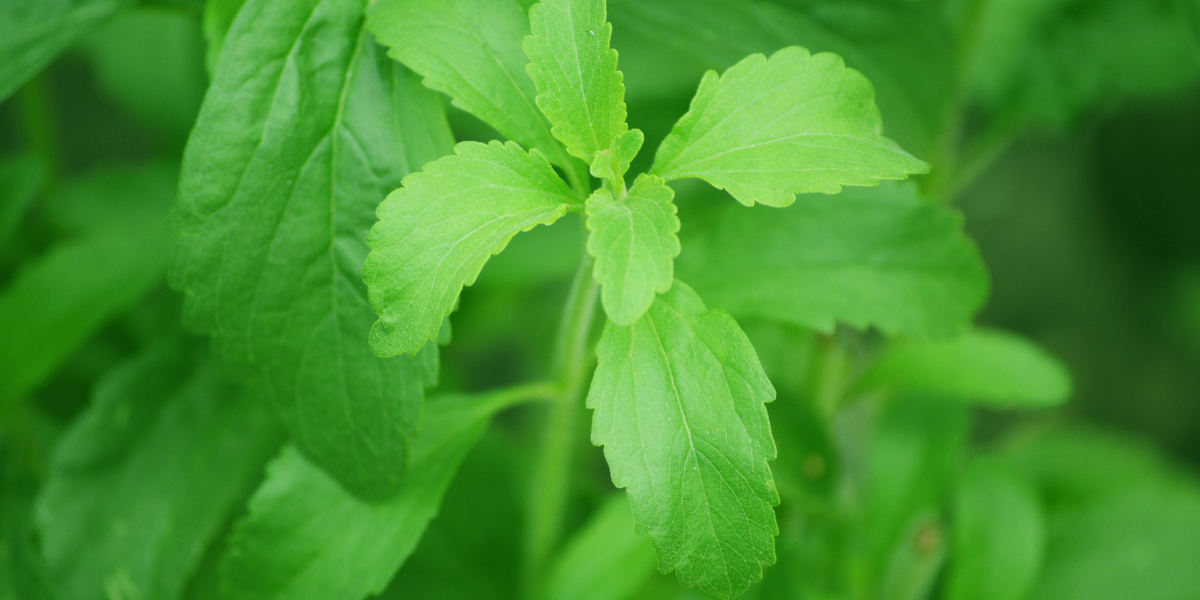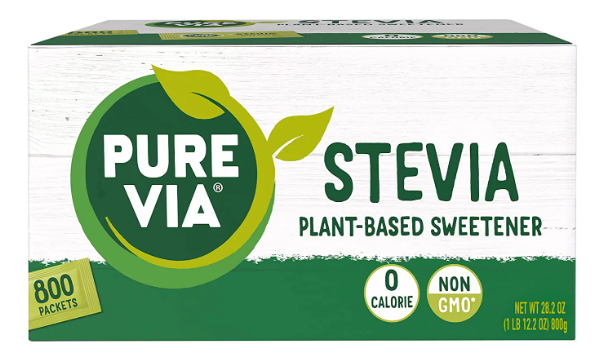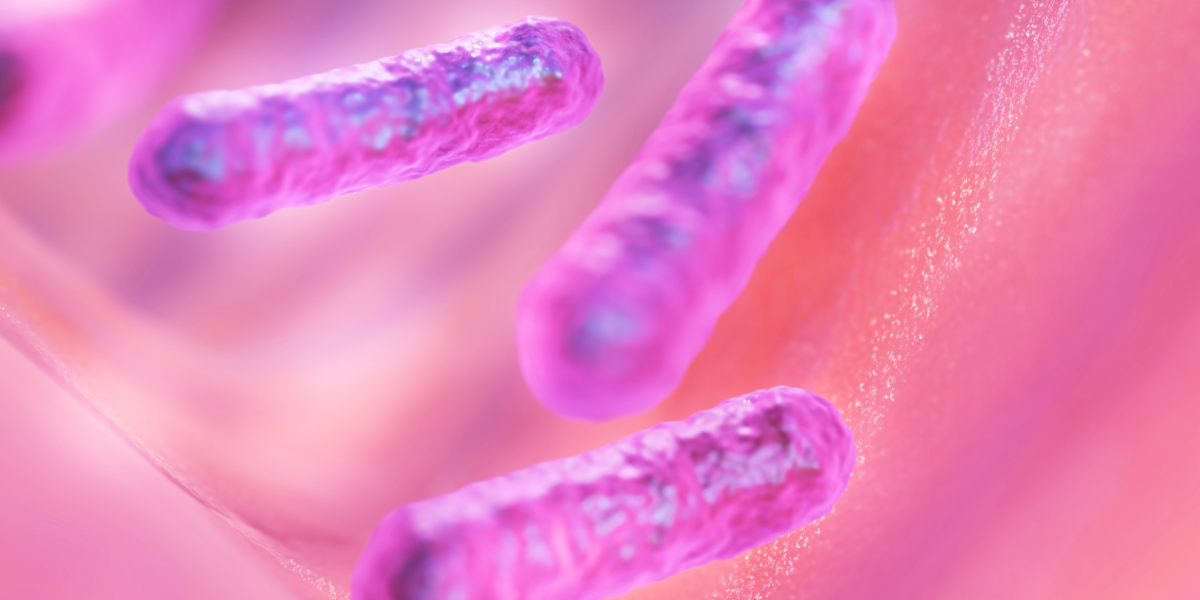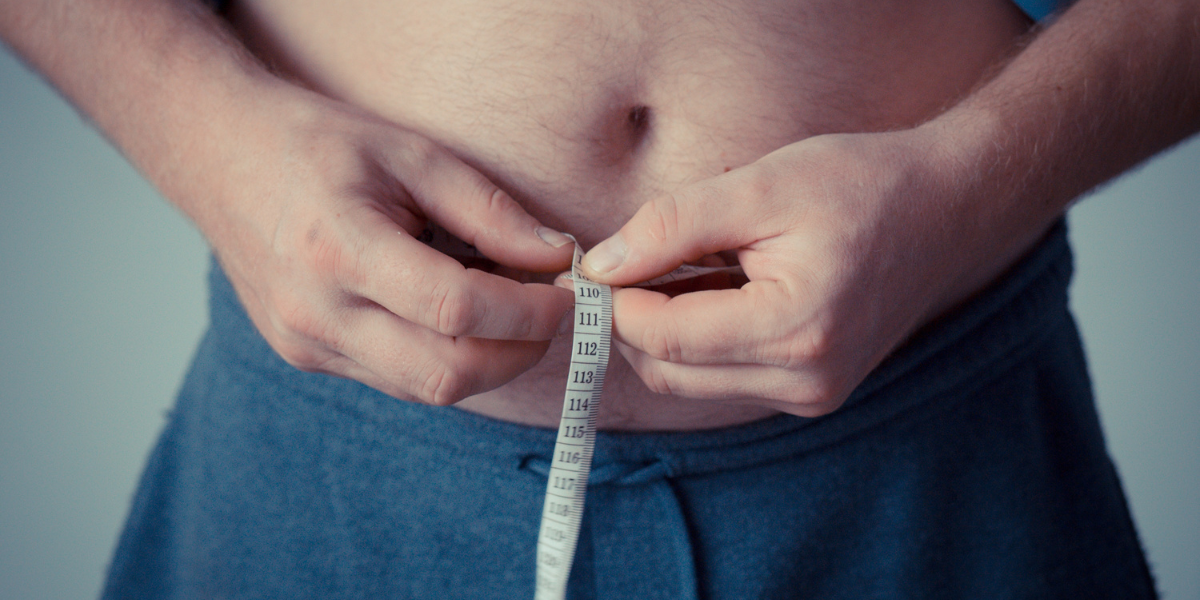Stevia is a zero-calorie sweetener commonly used as a sugar substitute in food and drinks such as ice cream, yogurt, sauces, desserts, candy, bread, soft drinks, and chewing gum.
Stevia has become increasingly popular as a sweetener alternative in recent years because it is plant-based and does not raise blood sugar levels, making it a good alternative for diabetics or people who are aiming to reduce their sugar intake. But does stevia cause gas? Let us discuss it further.
Stevia: Background Info

Stevia is derived from the leaves of the Stevia rebodiana plant, a type of shrub belonging to the Asteraceae or ‘sunflower family’ native to South America and first used by the indigenous people of the region over 200 years ago. They used the dried plant leaves to sweeten beverages and medicines or simply chewed them because they tasted sweet, earning the plant its other names, ‘sweet herb’, ‘candyleaf’, and ‘sweetleaf’.
In 1901, Italian-Swiss botanist Dr. Moises S. Bertoni discovered the stevia plant’s sweetness when he first learned about the strange plant from Indian guides while exploring Paraguay’s forests. This, in turn, paved the way for stevia’s cultivation when it was just previously found in the wild. This involved the transplantation of thousands of stevia plants since they could not be grown from seeds.
The sweetness of stevia is attributed to a compound called steviol glycosides extracted and refined from the plant’s leaves which can be 200 to 400 times sweeter than table sugar. Stevia can generally be found in 3 forms:
- Green Leaf Stevia – This has undergone the least processing. It has a slightly bitter taste and is 30 to 40 times sweeter than sugar.
- Stevia Extracts – These are 200 times sweeter than sugar and less bitter than green leaf stevia.
- Altered Stevia – Now this is considered the worst form of stevia being highly processed and containing GMO ingredients. It is 200 to 400 times sweeter than sugar.

Stevia was first sold as a sweetener in the US in the early 1990s in response to the consumer demand for healthier ‘natural ingredients’. Nowadays, Stevia is available in liquid, tablet, drop, or powder form and products and can be used in a wide range of food and beverages. Some common trade names for stevia sweeteners include:
- Stevia
- Steviacane
- Stevia In The Raw
- Rebiana
- Truvia
- PureVia
- Enliten
- SweetLeaf
According to the US Department of Agriculture (USDA), here are the nutrition facts of 1 teaspoon (0.5 grams) of stevia:
Calories 0
Fat 0g
Sodium 0mg
Carbohydrates 1g
Fiber 0g
Sugars 0g
Protein 0g

In addition, stevia’s popularity as an alternative sweetener is partly due to the following health benefits:
- Low calorie
- Cholesterol-free
- Sugar-free
- Fat-free
- Sodium-free
- Natural sweetener (plant-based)
- Regulates blood sugar levels
- Regulates blood pressure
- Helps in weight management
- Helps prevent kidney damage
- Promotes oral health
The FDA sets the acceptable daily intake of stevia at 4 milligrams per kilogram of body weight. This can equate to a 150-pound individual safely consuming up to 10 packets of stevia a day which is far more than is actually needed due to its intense sweetness. Stevia may have zero calories but it is 200 times sweeter than table sugar.
Does Stevia Cause Gas?
Stevia has zero calories, which makes it desirable for people who want to lose weight. It also does not cause spikes in blood sugar levels, making it a good option for people with diabetes or those who are monitoring their blood sugar levels. In moderate amounts, stevia is generally recognized as safe by the US Food and Drug Association (FDA) and other regulatory bodies. But does stevia cause gas?
While stevia is considered safe for consumption, some people may be more sensitive to the sweetener and experience gastrointestinal issues such as nausea, bloating, and gas, especially when consuming large amounts. Here are some of the probable reasons why:
-
Stevia contains sugar alcohols.

Sugar alcohol, also called ‘polyol’, is an ingredient commonly used as a sweetener and bulking agent. Sugar alcohols are derived from plant products such as fruits and are naturally contained in foods as well as in many processed food products that are labeled ‘sugar-free.’ These include candies, chewing gums, cookies, lozenges, and soft drinks.
Sugar alcohols take longer to convert to glucose and are popular sugar substitutes because they have around one-half to one-third fewer calories than table sugar. They also require less insulin to be metabolized and don’t cause sudden spikes in blood sugar. This makes them a popular sugar substitute for diabetics and people who aim to minimize their sugar intake.
Stevia may contain sugar alcohol which some people find difficult to digest. Since sugar alcohols are not digested the same way as sugar, they are not fully absorbed by the body. When sugar alcohols are not completely broken down in the small intestines, they move on to the large intestines where they are fermented by gut bacteria. This process may result in digestive issues such as gas, bloating, and diarrhea, especially when eaten in excessive amounts.
However, the amount of polyols in stevia is generally lower than in other sugar alcohols like sorbitol and xylitol which are more likely to cause digestive issues.
-
Stevia can alter the gut microbiome.

Non-nutritive sweeteners (NNS) are commercially available sugar replacements used in soft drinks and various food products. Some of the more common NNS include aspartame, saccharin, sucralose, and stevia. Stevia is considered to be one of the naturally occurring NNS.
However, studies have shown that NNS, both natural and synthetic, have been shown to strongly affect the growth and survival of certain species of bacteria. Stevia extracts, in particular, demonstrate significant bactericidal effects on E. coli bacteria, but not Lactobacillus or Bifidobacterium. On the other hand, steviol glycosides, which are chemical compounds found on the leaves of the stevia plant, can impede the growth of Lactobacillus reuteri.
It is important to note that the intestines may not sufficiently absorb NNS and this may cause a build-up in the gut. When this happens, the subsequent disruption of the gut microbiome can lead to bacterial imbalance. This, in turn, can result in gastrointestinal symptoms such as constipation, diarrhea, irritable bowel syndrome (IBS), heartburn, or gas and bloating.
To ensure the healthy growth of beneficial gut bacteria, you can try to consume more gut-friendly foods. These include both prebiotic and probiotic foods.
Other Side Effects Of Stevia

Aside from digestive discomforts, stevia may also cause not-so-desirable side effects such as:
- Allergic reaction
- Hypoglycemia
- Increased body weight and waist circumference
- Numbness
- Sore muscles
- Brain fog
- May interfere with medications
- Potential for kidney damage
- Potential for endocrine disruption
In addition, certain risk factors may increase the possibility of these stevia side effects including blood pressure, liver, kidney, and heart conditions and their medications, as well as taking steroids, hormone-regulating, and cancer medications.
The Rundown

It’s always a good idea to consult with a healthcare provider before incorporating stevia or any other new dietary supplement into your diet. Unlike other sugar substitutes, stevia is natural because it is plant-based. However, while stevia is generally deemed safe for most people, some individuals may undergo side effects such as gas and bloating.
But not everyone will experience gas and bloating from consuming stevia because it depends on a person’s digestive system and tolerance to certain ingredients contained in the sweetener. If you notice these symptoms after consuming stevia, you may try reducing your intake or switching to a different sweetener to see if your symptoms improve. So does stevia cause gas? It certainly does!

